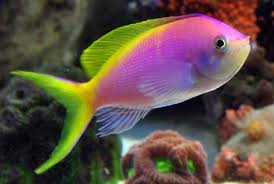Exploring the Role of the Dragon in Famous Military Victories of China
In Chinese culture, the dragon is not only a symbol of power and good fortune but also a symbol of strength, protection, and divine intervention. Over centuries, the dragon has been intimately connected with Chinese military victories, often considered a spiritual guardian during warfare. From ancient battles to imperial campaigns, the dragon has been woven









